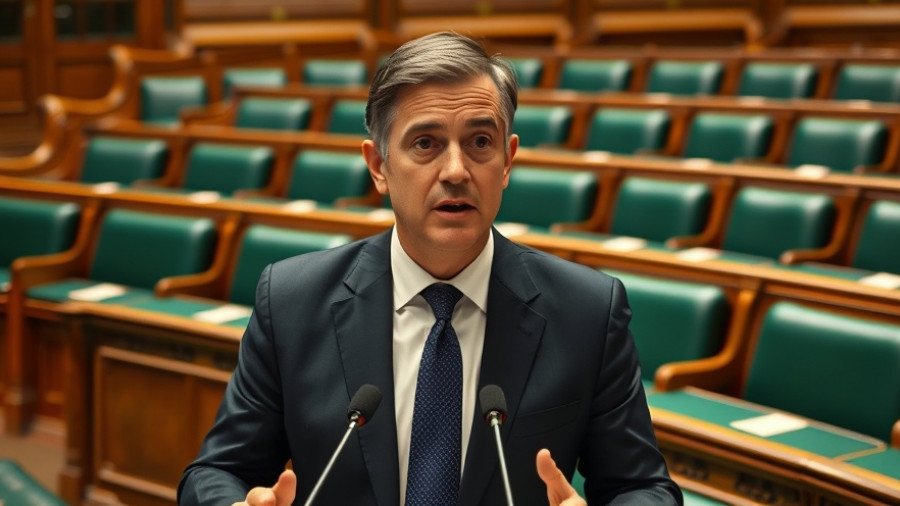
Understanding Money's Role in Sustainability
As our world increasingly faces ecological challenges, it's imperative for environmentalists to rethink not only how they advocate for sustainable practices but also the underlying monetary systems that govern their proposals. The prevalent perception that fiat currency can simply be transformed into an ecological currency is not as straightforward as many might believe. In fact, this notion could obstruct meaningful progress unless additional contexts are considered.
Money's Underlying Principles: Debunking Myths
One prevailing myth among environmental advocates is the belief that fiat money emerges from nothing and therefore leads to overconsumption. Although it's true that governments create money, the majority of circulating currency is not issued by them; instead, it's primarily in the hands of private banks. This distinction is crucial as it shapes our understanding of money's evolution and its real-world implications for sustainability.
What Could Truly Drive Change?
The advent of innovative currency concepts, such as those explored in Kim Stanley Robinson's novel 'Ministry for the Future,' opens a dialogue on revolutionary financial systems. For instance, the introduction of a Carbon Coin could redefine the way we value ecological contributions and their integration into the fiscal landscape. Instead of merely advocating for 'green money,' it's essential to analyze how new frameworks can be fostered within existing economic structures.
Future Predictions: The Path Towards Ecological Currencies
The potential establishment of ecological currencies that promote sustainable practices could usher in transformative changes. With society's increasing awareness of climate issues, introducing currency tied to carbon offset initiatives could incentivize both businesses and individuals to commit to environmentally friendly practices. However, for this to be effective, comprehensive education on how monetary systems work and their role in ecological degradation must be prioritized.
Relevant Context: A Call for Systemic Change
The narrative that our current fiat system obstructs true sustainability is becoming clearer as more studies emerge, showing the deep connections between economic practices and ecological degradation. As young homeowners in urban environments, understanding the complexities behind our money system is not just beneficial but essential to fostering genuine sustainable living. How we manage our finances and conceptually engage with money can create ripple effects across community initiatives and personal lifestyles.
Taking Action: The Importance of Community Engagement
For sustainability advocates, engaging local communities is paramount. By discussing such complex ideas and exploring alternative economic models together, young homeowners can empower each other. Taking deliberate steps towards educating ourselves and our neighbors about finance can help us reshape the future. Local events, workshops, and discussions on sustainable living practices can lead to a collective understanding of how to layer these ideas on our existing infrastructure.
Connecting Ideas: Building Community Around Sustainability
This exploration into how monetary frameworks impact ecological initiatives begins with a collective mindset. A shared understanding not only enriches individual perspectives but also fosters deeper community connections. With the rise of conversations around smart homes and sustainable living, it's essential that localized discussions address the narrative around money's role in sustainability continually.
Ultimately, while many environmentalists are making strides toward advocating for green solutions, a vulnerable understanding of the intertwined nature of money systems is crucial for an effective approach. As we strive to build a more sustainable future, fostering these discussions will holistically enhance community bonds, leading us all to a better understanding of our environment and economy.
To further this initiative, consider joining local community forums or workshops dedicated to discussing sustainable living and economic systems. By engaging with others, we can continue to uncover innovative ways to intertwine these pivotal topics for a greener future.
 Add Row
Add Row  Add
Add 




Write A Comment